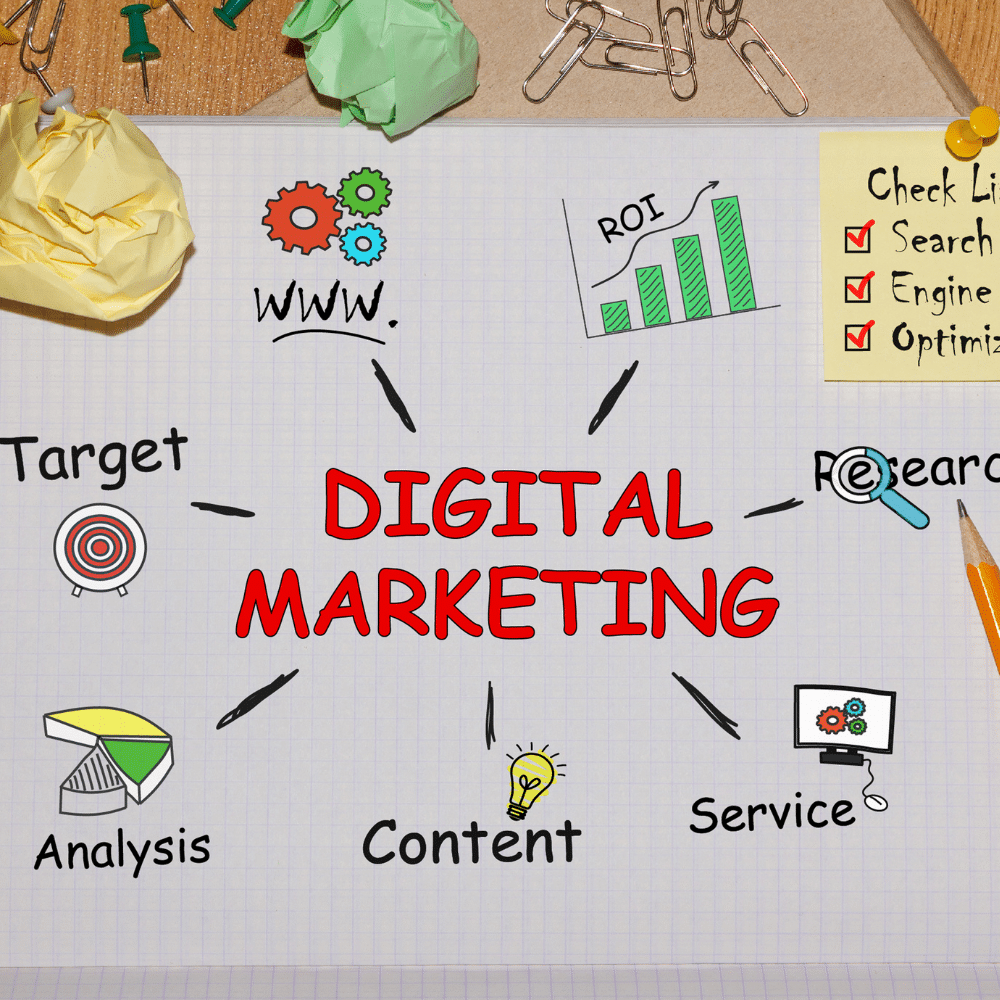In today’s digital age, a robust digital marketing strategy is indispensable for businesses aiming to thrive and stay ahead of the competition. But what exactly constitutes a successful digital marketing strategy? Let’s delve into the key components that can unlock the potential for business growth and online visibility.
Clear Goals and Objectives
Any effective digital marketing strategy begins with clearly defined goals and objectives. Whether it’s increasing brand awareness, driving website traffic, generating leads, or boosting sales, having specific, measurable goals is essential for guiding your marketing efforts and evaluating success.
Target Audience Identification
Understanding your target audience is paramount for tailoring your marketing messages and tactics to resonate with potential customers. Conducting thorough market research to identify your target demographic’s preferences, behaviors, and pain points enables you to create relevant and compelling content that captures their attention.
Compelling Content Creation
Content lies at the heart of digital marketing. Captivating content, spanning engaging blog posts, informative videos, captivating social media updates, and interactive infographics, captivates and engages your audience across diverse online channels. Valuable, relevant, and shareable content not only drives traffic but also establishes your brand as an authority in your industry.
Search Engine Optimization (SEO)
Optimizing your online presence for search engines is crucial for increasing visibility and driving organic traffic to your website. Effective SEO strategies encompass keyword research, on-page optimization, link building, and technical optimization to ensure that your website ranks well in search engine results pages (SERPs) and attracts qualified leads.
Social Media Marketing
Social media platforms offer unparalleled opportunities for businesses to connect with their audience, build relationships, and amplify brand awareness. A comprehensive social media marketing strategy involves choosing the right platforms for your target audience, crafting engaging content, fostering community engagement, and leveraging paid advertising to expand your reach.
Email Marketing
Email remains one of the most effective channels for nurturing leads, retaining customers, and driving conversions. A well-executed email marketing strategy involves segmenting your audience, personalizing content, and delivering timely, relevant messages that provide value to recipients. Automation tools can streamline the process and maximize efficiency.
Data Analysis and Optimization
Continuous monitoring, analysis, and optimization are essential for ensuring the effectiveness of your digital marketing efforts. By tracking key performance indicators (KPIs), such as website traffic, conversion rates, email open rates, and social media engagement metrics, you can identify areas for improvement and refine your strategy for optimal results.
Conclusion
In today’s competitive digital landscape, a successful digital marketing strategy requires a holistic approach that integrates various components to achieve overarching business objectives. To fully harness the power of digital marketing and ensure sustainable growth in today’s digital age, businesses should focus on setting clear goals, understanding their audience, creating engaging content, optimizing for search engines, utilizing social media, leveraging email marketing, and embracing data-driven optimization strategies.
Ready to boost your online presence? Let Stratedia guide you through crafting a winning digital marketing strategy. Get started today!





























